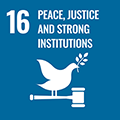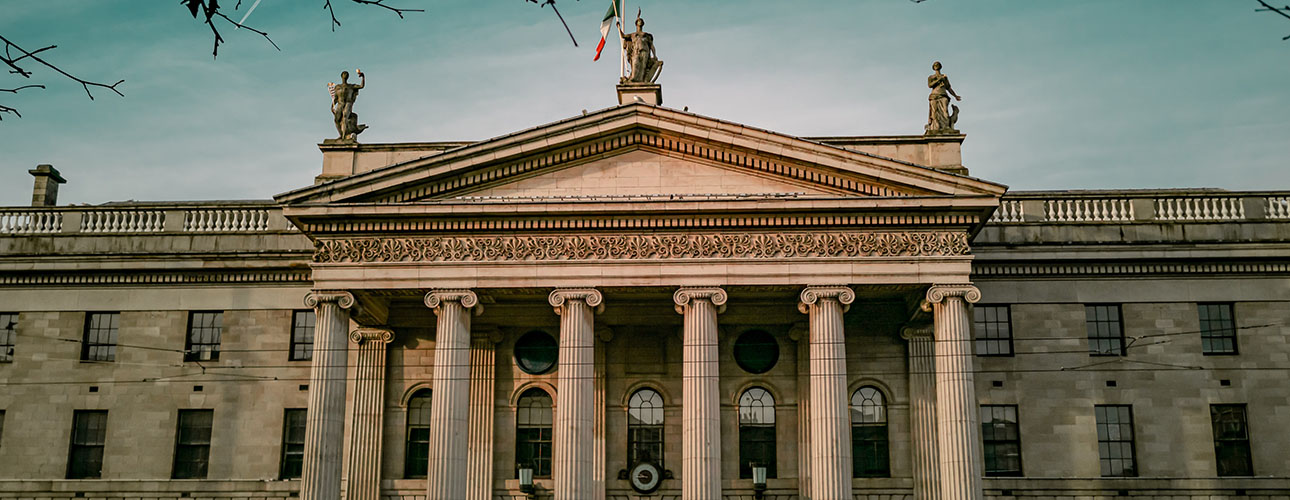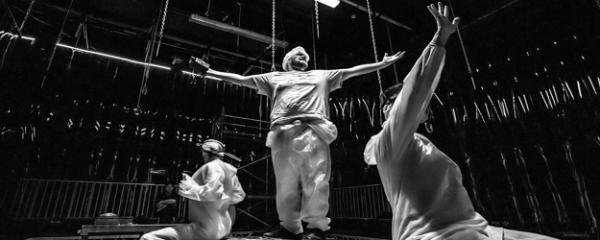Research carried out at Queen’s led to the creation of a series of works which focus on the commemoration of the 1916 Easter Rising, an event regarded both as a powerful symbol of Irish nationhood, as well as one with a controversial legacy. The work has been hailed as an exemplary model of how controversial historical events can be interpreted in ways that encourage social and political cohesion and understanding.
Research Challenge
A PLURALIST AND INCLUSIVE COMMEMORATION
The centenary of the Easter Rising in 2016 generated enormous interest in Ireland and beyond. In the century that followed 1916, the significance, meaning and symbolism of the event has assumed many forms.
Factors such as the Northern Irish peace process, liberalisation of Irish society, and adoption by the Irish government of a reconciliatory commemorative framework, meant that a pluralist and inclusive commemoration was needed to counter the socially conservative interpretations which had dominated both public understanding and popular historiographical interpretations of the rebellion after Irish independence.
Our Approach
HISTORY FROM BELOW
Through high-profile collaborations with public-history partners, and institutions such as the Irish Post Office and Abbey Theatre, researchers at Queen’s analysed the Rising and the evolving historical memory of that event over the past century.
Adopting a ‘history from below’ approach which mined recently-released witness testimony and pension records detailing veterans’ experiences, the research built a historical record the experiences of rank-and-file revolutionaries from ordinary backgrounds, particular radicals who were marginalised after independence.
The works that were created included:
- ‘The Rising. Ireland: Easter 1916’ (Oxford University Press, 2010, 2015, 2017) by Fearghal McGarry
- ‘Rebels. Voices from the Easter Rising’ (Penguin, 2011) by Fearghal McGarry
- ‘The Abbey Rebels of 1916’ (Gill & Macmillan, 2015) by Fearghal McGarry
- ‘1916 and Irish Republicanism: between Myth and History’, in John Horne and Edward Madigan (eds), Towards Commemoration: Ireland in War and Revolution 1913-1923 (RIA, 2013) by Fearghal McGarry
- ‘Remembering 1916. The Easter Rising, the Somme and the Politics of Memory in Ireland’ (Cambridge University Press, 2016) by Richard S. Grayson and Fearghal McGarry
Through these works the researchers promoted greater public awareness of how progressive impulses such as feminism and socialism were obscured after 1916, as Catholic nationalist representations gained ground in a more conservative state and society, the research helped to shape a pluralist approach to the commemoration.
“The work has been hailed as an exemplary model of how highly controversial events can be interpreted in ways that encourage social and political cohesion and understanding.”
What impact did it make?
A MODEL FOR CONCILIATORY INTERPRETATION
The research was used to inform GPO Witness History, the ‘flagship exhibition’ of Ireland’s commemorative programme. The €10m interpretive centre was opened by Taoiseach Enda Kenny in 2016. In 2017 the exhibition won the European Museum Academy’s prestigious Micheletti Award (2017). The judges stated: ‘The Centre is a perfect example of 20th century history in retrospect, dealing in an even-handed way with a very emotive subject . . . It is an extraordinary achievement, an historical challenge which has been transformed into a reconciliation centre which also poses questions for the future.’ The Association for Heritage Interpretation described it as ‘a model for conciliatory interpretation’ which ‘demonstrates how highly controversial events can be interpreted in ways that encourage social and political cohesion and understanding’.
In 2012 Ireland’s national theatre commissioned playwright Jimmy Murphy to adapt Rebels for the stage. Featuring archival testimony, the production dramatised ‘ordinary’ rebels’ experiences, bringing to public attention their radical motives. Staged by the Abbey Theatre in 2014, 2015 and 2016, it also performed to sold-out audiences in London, Manchester, and New York in 2016.
McGarry also advised An Post on its Easter 1916 commemorative stamps, praised by the Belfast Telegraph for illustrating ‘the complexity of Irish identity’. Circulating internationally, over 90 million stamps were issued in 2016.
The lead researcher on these works, Fearghal McGarry is renowned as an expert on the Easter Rising and his extensive TV and radio engagements continue to generate impact among the public.
Our impact
Impact related to the UN Sustainable Development Goals
Learn more about Queen’s University’s commitment to nurturing a culture of sustainability and achieving the Sustainable Development Goals (SDGs) through research and education.








